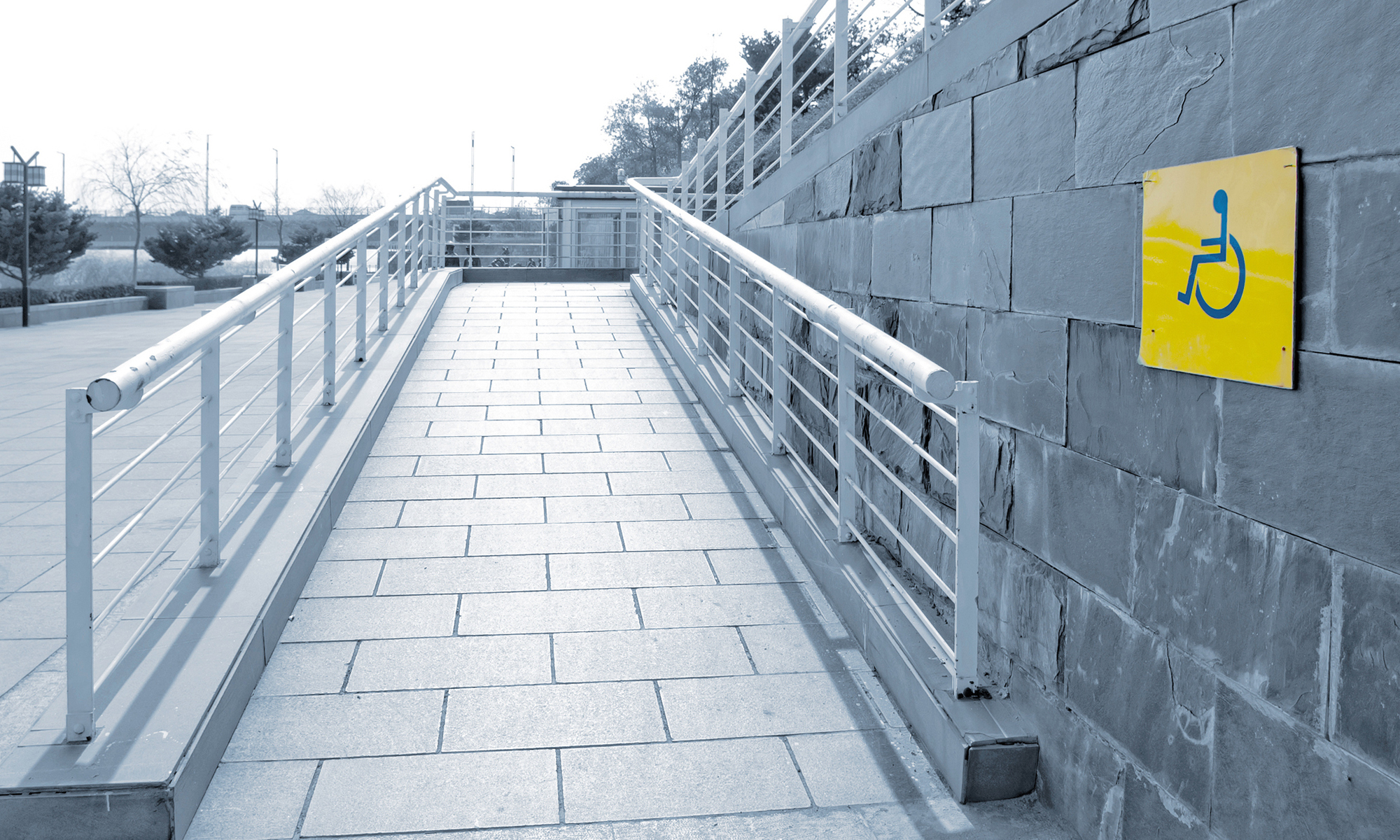Well-known ADA plaintiffs’ firm, Carlson Lynch, has recently filed several lawsuits against stores that that have health screening kiosks, which have become popular in recent years. The kiosks allow users to self-check their blood pressure, weight, pulse and body mass index, and certain other health information. The lawsuits allege that the kiosks are not fully accessible to blind and visually impaired patrons because they require the use of a touchscreen, which plaintiffs allege is the only way to use the kiosks. Plaintiffs allege that the kiosks lack a keypad or keyboard with tactilely discernible input controls, in violation of both the ADA and the Rehabilitation Act of 1973. While the kiosks are capable of speech output and are equipped with speakers, plaintiffs claim that the audio capabilities are rendered useless to blind users who are unable to access the kiosk in the first place, due to the touchscreen component of the kiosk. Further, the lawsuits allege that, even if a blind or visually impaired user were able to access the kiosk, as a result of certain HIPAA privacy concerns, the kiosks audio function will not provide audio of the user’s health results. Plaintiffs are seeking injunctive relief, directing the defendants to make the kiosks accessible for users with visual disabilities.
The lawsuits allege that the blind plaintiff visited at least one store location and attempted to use the health kiosk, but was unable to access the kiosk because of the touchscreen. If the past practices of Carlson Lynch are any indication, every grocery store, pharmacy and retailer that operates a health kiosk is likely to end up as a defendant in a similar lawsuit.
